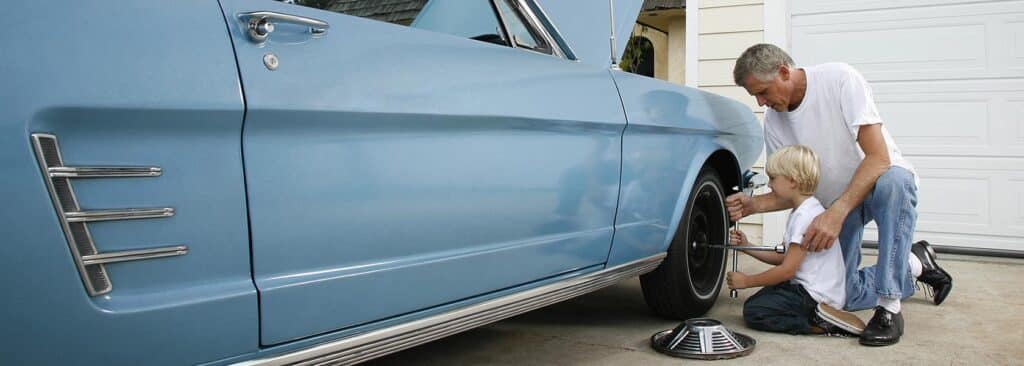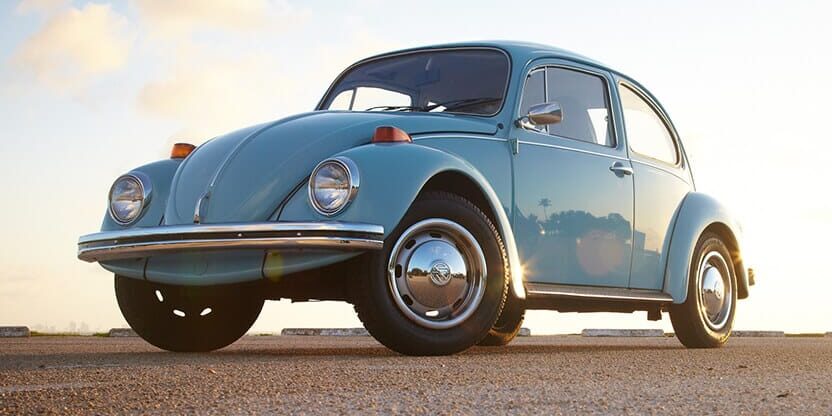Welcome to the Topic “Vintage Rides: Exploring the Unique Features of Classic Car Insurance Policies”
When it comes to classic cars, enthusiasts often invest not only their money but also their hearts and souls into these timeless treasures. Owning and maintaining a vintage car is a passion that requires meticulous care and attention. One critical aspect of preserving your classic beauty is obtaining the right insurance coverage. Classic car insurance policies are specifically designed to cater to the unique needs of antique and vintage car owners. In this blog, we will delve into the world of classic car insurance, exploring the distinct features that set it apart from standard auto insurance.
What is Classic Car Insurance?
Classic car insurance is a specialized insurance policy crafted to address the distinct characteristics of vintage and antique vehicles. Unlike standard auto insurance, which is designed for daily drivers, classic car insurance is tailored to the specific needs of collectors and classic car owners. These policies often come with unique features and benefits that make them a must-have for those who treasure their vintage rides.
Qualifications for Classic Car Insurance
To be eligible for classic car insurance, your vehicle typically needs to meet specific criteria:
- Age of the Vehicle: Classic car insurance usually applies to vehicles that are at least 20 to 25 years old.
- Limited Usage: Classic cars are often not used for daily commuting. Many policies require that the vehicle is not driven regularly, with mileage limitations typically in place.
- Storage Requirements: Some classic car insurance policies may mandate secure storage when the vehicle is not in use, such as a garage or storage facility.
- Vehicle Value: The value of your classic car plays a significant role in determining the cost of your insurance. Insurance providers may require appraisals to establish the car’s value.
Unique Features of Classic Car Insurance Policies
Now, let’s explore the unique features that classic car insurance policies offer:
Agreed Value Coverage
One of the most significant differences between classic car insurance and standard auto insurance is the concept of “agreed value.” In classic car insurance, you and the insurance provider agree on the car’s value upfront, considering factors like the car’s condition, rarity, and market value. This value is then the amount you’ll be compensated for if your car is damaged or stolen. Unlike standard insurance, classic car policies do not rely on depreciated market values, ensuring that your investment is adequately protected.
Low Premiums
Classic car insurance policies often come with lower premiums than regular auto insurance. This is because classic cars are not driven as frequently and are typically considered lower risk for accidents or theft. Owners are expected to take excellent care of their vintage rides, further reducing the likelihood of claims.
Spare Parts Coverage
Finding replacement parts for classic cars can be a daunting task, especially for rare models. Classic car insurance often includes coverage for spare parts, ensuring that you can restore your vehicle to its former glory if something goes wrong.
No Deductibles
Some classic car insurance policies offer zero deductibles. This means that in the event of a claim, you won’t have to pay out of pocket before the insurance coverage kicks in. It’s a valuable feature for classic car owners who want to protect their investment without the financial burden of deductibles.
Flexible Usage
While limited usage is a common requirement for classic car insurance, many policies offer flexible usage options for car shows, parades, and occasional joyrides. This flexibility allows you to enjoy your vintage ride without violating policy terms.
Expert Appraisals
Classic car insurance often involves professional appraisals to determine the car’s value accurately. This ensures that you receive fair compensation in the event of a claim, reflecting the true worth of your cherished classic.

FAQs
1. What qualifies a car as a “classic” for insurance purposes?
Classic car insurance policies typically require vehicles to be at least 20 to 25 years old. However, some policies may have more specific requirements, such as being a limited production model or having historical significance. It’s essential to check with your insurance provider to understand their criteria for classifying a vehicle as a classic.
2. How is the “agreed value” of a classic car determined?
The “agreed value” of a classic car is determined through mutual agreement between the car owner and the insurance provider. This value is often based on factors such as the car’s condition, rarity, market value, and professional appraisals. Both parties agree on the value before the policy is issued, ensuring that the owner receives the predetermined amount in the event of a claim.
3. Are classic car insurance premiums more affordable than regular auto insurance?
Yes, classic car insurance premiums are typically more affordable than regular auto insurance. This is because classic cars are driven less frequently, reducing the risk of accidents and claims. Additionally, classic car owners are usually diligent in maintaining and protecting their vehicles, which further lowers the risk, resulting in lower premiums.
4. Can I use my classic car for daily commuting under a classic car insurance policy?
Classic car insurance policies generally have restrictions on daily commuting and may require that the vehicle is not used for this purpose. The emphasis is on limited usage for pleasure, car shows, and occasional outings. Using your classic car for daily commuting may violate the policy terms and could affect your coverage.
5. Does classic car insurance cover the cost of spare parts and restoration?
Many classic car insurance policies include coverage for spare parts, ensuring that you can replace or repair components essential to your vehicle’s restoration. This coverage can be invaluable, especially for owners of rare or vintage models where finding original parts can be challenging.
6. Are there any restrictions on where I can store my classic car with this insurance?
Classic car insurance policies often have storage requirements. The vehicle is typically expected to be stored in a secure location when not in use, such as a garage, storage facility, or another designated area. These requirements help protect the car from environmental damage and theft.
7. Do classic car insurance policies provide coverage for multiple vintage vehicles?
Yes, many classic car insurance policies can provide coverage for multiple vintage vehicles under a single policy. This can be convenient for collectors who own several classic cars, as it can simplify the insurance process and potentially result in cost savings. However, each vehicle will still need to meet the eligibility criteria for classic car insurance.
Conclusion
Classic car insurance is a tailored solution for vintage and antique car owners. With unique features like agreed value coverage, low premiums, spare parts coverage, no deductibles, and expert appraisals, these policies offer comprehensive protection for your precious vehicle. If you’re a classic car enthusiast, it’s crucial to explore the options available in the world of classic car insurance to safeguard your vintage ride effectively. This specialized insurance can provide peace of mind, allowing you to enjoy your classic car without worry.
Also Read: Understanding No-Fault Car Insurance and How It Works







